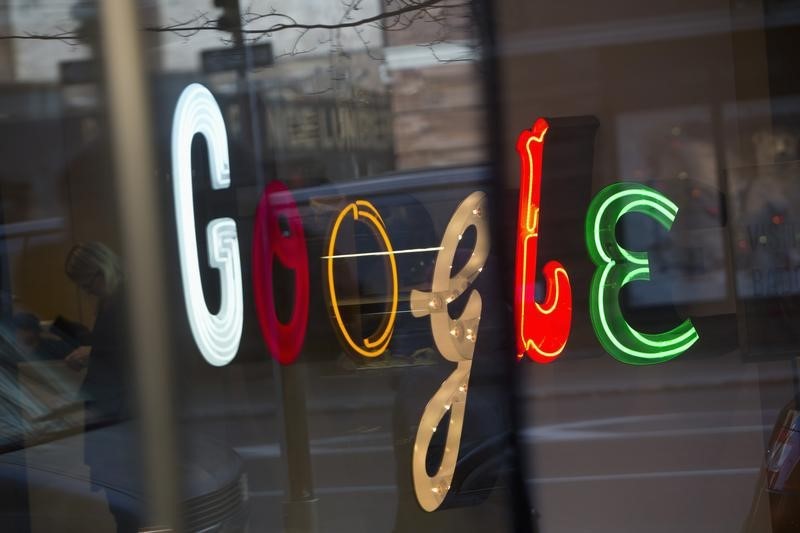© Reuters. FILE PHOTO: Sundar Pichai, CEO of Google, reacts during a meeting with U.S. President Joe Biden, India’s Prime Minister Narendra Modi and senior officials and CEOs of American and Indian companies in the East Room of the White House in Washington, U.S., J
By Diane Bartz
WASHINGTON (Reuters) -Google CEO Sundar Pichai on Monday acknowledged the importance of making its search engine the default in keeping users loyal — a key point in a once-in-a generation U.S. antitrust fight focused on billions of dollars Google (NASDAQ:) paid to be the default on laptops and smartphones.
Google, which started paying for default status on devices in 2005, monitored for compliance. At one point, the company expressed concern to Apple (NASDAQ:) that its Safari browser would send particular queries, especially lucrative ones, to companies like Amazon.com (NASDAQ:).
“We were obviously doing the deal for default placement,” said Pichai.
Under cross-examination, Pichai said of Google’s tens of billions in annual payments for default status: “We definitely see value.”
The U.S. government brought the case over whether Google acted illegally to maintain its dominance of online search and parts of search advertising. If the government wins, the company may be forced to scrap some business practices that have helped it stay on top.
In testimony Monday morning, Pichai, who was called by Google, was shown instances when the company pressed Apple, wireless companies and smartphone makers to make its search engine the default on their devices in exchange for revenue-sharing agreements.
“We pay for preload exclusivity on a device-by-device basis,” Pichai said under questioning by the Justice Department.
A lawyer for the Justice Department asked Pichai about a 2007 discussion among Google executives including Pichai, before he became chief executive, about an Apple request to let users choose their search engine on a new version of its Safari browser.
A document at the time said 75% of people do not change defaults and noted: “Defaults have strong impact.”
Pichai also took a couple of swipes at rival Microsoft (NASDAQ:)’s browser, Internet Explorer.
“The browser market at the time had kind of stagnated,” Pichai said of the period before Google launched its Chrome browser, which competes with the Microsoft product.
“They (Microsoft) were not that incented to improve the browser,” he added, calling Chrome a “pretty dramatic improvement” when it launched in 2008.
Google’s strength in search makes it a heavy hitter in the lucrative advertising market, its biggest revenue source.
Google has argued that if people are dissatisfied with default search engines, they can and do switch to another search provider. It has also argued the revenue-share agreements are legal and it has invested heavily to keep its search and advertising businesses competitive.
In cross-examination, the Justice Department pressed Pichai about allegations that Google executives marked sensitive documents as covered by attorney-client privilege when they were not and routinely deleted instant messages without determining if they should be saved as part of litigation.
“This is not an area I was focused on,” Pichai said.
Read the full article here
